It is a moonshot, a mindset, a rallying cry: The UC Berkeley Library — sitting on the territory of Huichin, the unceded ancestral land of the Chochenyo-speaking Ohlone — aims to digitize and share all 200 million items in its special collections. But in its race to the moon, the Library has, in some ways, already flown too close to the sun. In 2016, the Library shared digital copies of ethnographic documents that include information on the cultural lessons, ceremonies, medicines, and sacred sites of Native California tribes — information that many consider to be private, sensitive, and, in the wrong hands, harmful. Following community pain and backlash, the materials were taken down. In the years since, the Library has rebuilt its digitization program on a foundation of transparency, inclusivity, and respect. This past spring, the Library released a draft of policies and practices to guide the digitization and takedown of Indigenous materials, in close collaboration with tribal members. But this is just a start. Here, community members reflect on the Library’s ethical duties as a steward of Native American collections, and how the university can better serve the communities these materials represent.
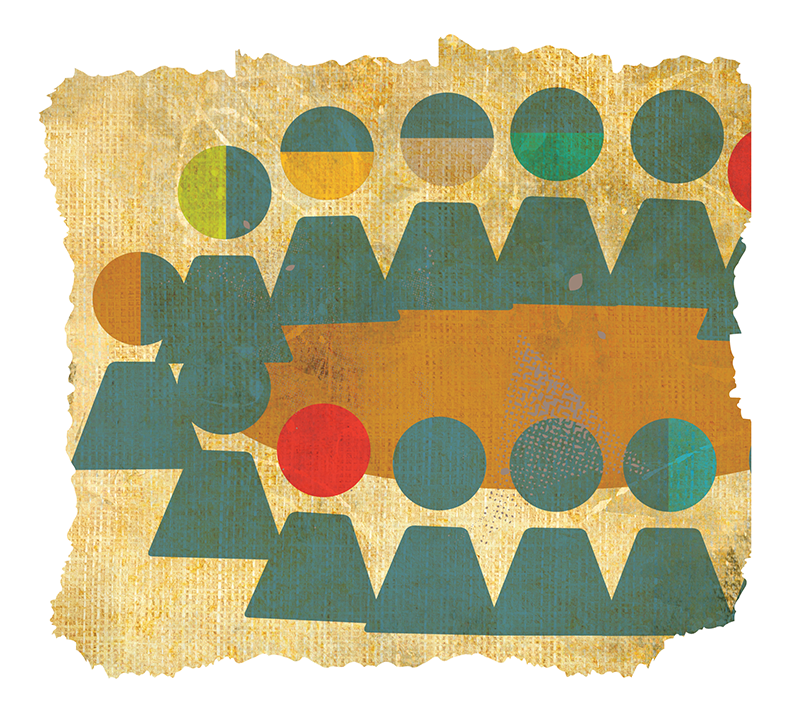 We as a library community need to work more collaboratively with Native American students on campus and with California Indigenous peoples to share the Library’s rich holdings related to those communities. First and foremost, we should reach out to Native peoples to consult and collaborate with them about how these materials relate to them and how we might improve access for them to these rich resources. Moreover, as nontribal stewards of these materials, we should seek out the assistance and advice of Native peoples to identify sensitive materials and to discuss how to ethically handle these materials. The Bancroft Library hopes to continue to support community-based research projects with Indigenous Californians, including through the language revitalization program Breath of Life, and to provide opportunities to work with Native communities and individuals in campus instruction and other forums of education and cultural exchange.
We as a library community need to work more collaboratively with Native American students on campus and with California Indigenous peoples to share the Library’s rich holdings related to those communities. First and foremost, we should reach out to Native peoples to consult and collaborate with them about how these materials relate to them and how we might improve access for them to these rich resources. Moreover, as nontribal stewards of these materials, we should seek out the assistance and advice of Native peoples to identify sensitive materials and to discuss how to ethically handle these materials. The Bancroft Library hopes to continue to support community-based research projects with Indigenous Californians, including through the language revitalization program Breath of Life, and to provide opportunities to work with Native communities and individuals in campus instruction and other forums of education and cultural exchange.
Theresa Salazar
Curator of Western Americana at The Bancroft Library
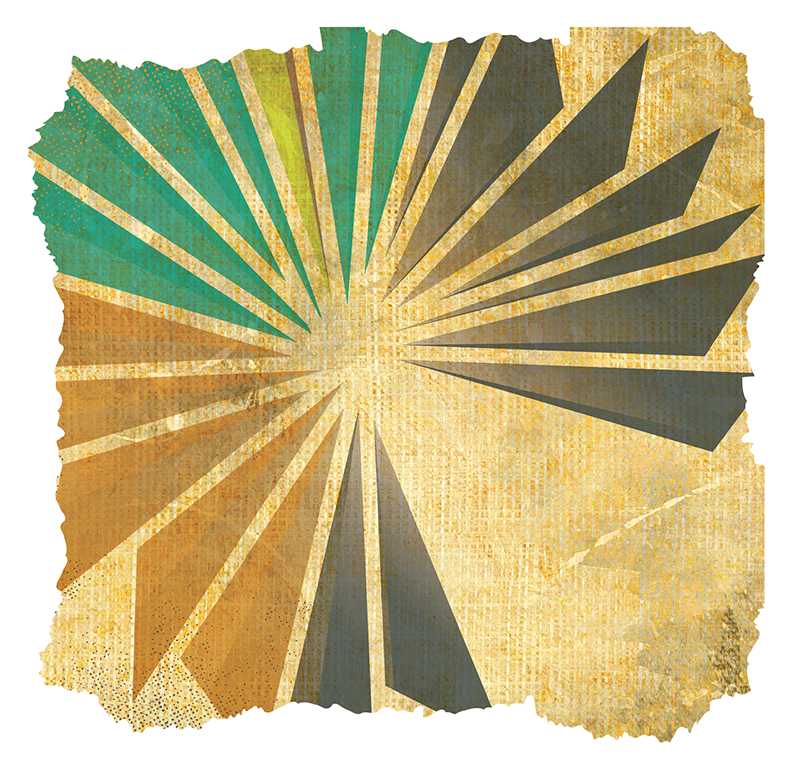 The Bancroft Library holds one of the great U.S. archival collections of Indigenous cultural and linguistic heritage materials, mainly assembled by researchers in interactions with Indigenous communities during and in the aftermath of the California genocide. I use this material almost every day in my work. It is hard to know how to strike the right balance between accessibility and cultural sensitivity. At one extreme, we can imagine a future in which everything has been digitized, carefully described, and made available online. Then it would be easy for Indigenous community members (and other researchers) to find what they need for cultural restoration and language learning and teaching. Yet some collections include personally sensitive information or sensitive cultural knowledge. So at the other extreme, we can imagine a future in which nothing is freely available online. Yet this would create real obstacles for those who wish to use material that is probably not culturally sensitive, such as grammatical information about Indigenous languages. Clearly the best solution is one that involves collaborative stewardship, informed flexibility, and the ability to modify the accessibility of digitized materials. This is easier said than done for collections as deep and heterogeneous as those at the Bancroft.
The Bancroft Library holds one of the great U.S. archival collections of Indigenous cultural and linguistic heritage materials, mainly assembled by researchers in interactions with Indigenous communities during and in the aftermath of the California genocide. I use this material almost every day in my work. It is hard to know how to strike the right balance between accessibility and cultural sensitivity. At one extreme, we can imagine a future in which everything has been digitized, carefully described, and made available online. Then it would be easy for Indigenous community members (and other researchers) to find what they need for cultural restoration and language learning and teaching. Yet some collections include personally sensitive information or sensitive cultural knowledge. So at the other extreme, we can imagine a future in which nothing is freely available online. Yet this would create real obstacles for those who wish to use material that is probably not culturally sensitive, such as grammatical information about Indigenous languages. Clearly the best solution is one that involves collaborative stewardship, informed flexibility, and the ability to modify the accessibility of digitized materials. This is easier said than done for collections as deep and heterogeneous as those at the Bancroft.
Andrew Garrett
UC Berkeley professor of linguistics and director of the campus’ Survey of California and Other Indian Languages
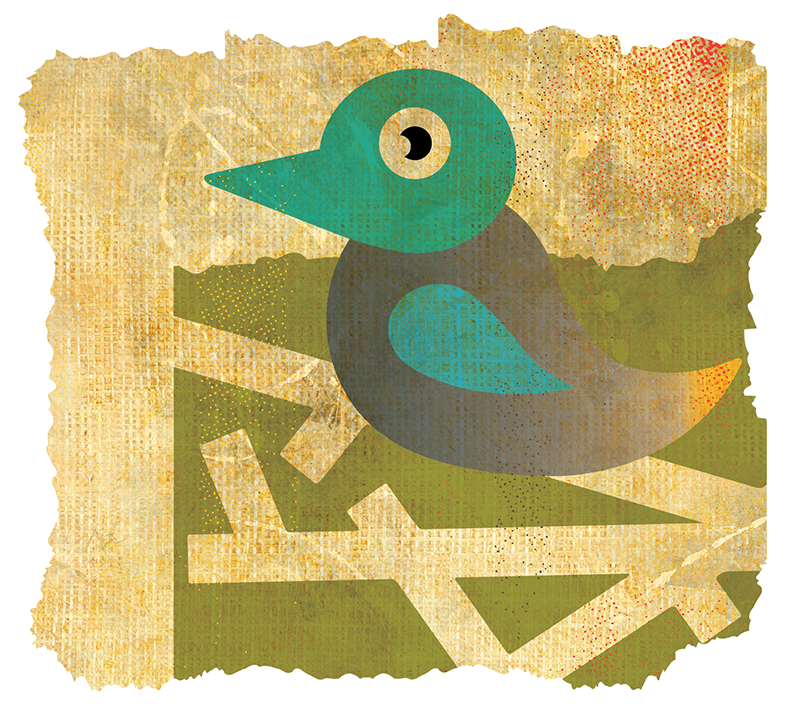 The Bancroft Library holds a wealth of information for us California Indians: our stories, ceremonies, culture, medicines, and the sacred. I don’t imagine our elders who provided the data forecasted how it would be shared. Technology has been a game changer, allowing random people to access delicate information. There is a great deal of culturally sensitive material in these spaces that families living today may not want others to see. On the contrary, if the information were restricted, many of those seeking answers about their heritage would not have access. There is a fine line between the two, and there is no one good answer for everyone. For starters, there should be a contact list where one can request permission to publish information obtained from sensitive documents. I have heard countless complaints from Indigenous people about academics publishing inaccurate articles about their families without their knowledge or consent. These blunders damage reputations and can even stump tribal efforts for federal recognition. This is not acceptable. There is a need for policies, procedures, and protocols to begin to remedy this ongoing issue. I shared these thoughts with my relative Deborah Morillo, from the yak tityu tityu yak tiłhini Northern Chumash tribe. She had the following suggestion: “The Bancroft Library should create an Indian advisory committee of cultural leaders and families of collaborators to discuss protocol and access issues” — an idea I think is worth consideration.
The Bancroft Library holds a wealth of information for us California Indians: our stories, ceremonies, culture, medicines, and the sacred. I don’t imagine our elders who provided the data forecasted how it would be shared. Technology has been a game changer, allowing random people to access delicate information. There is a great deal of culturally sensitive material in these spaces that families living today may not want others to see. On the contrary, if the information were restricted, many of those seeking answers about their heritage would not have access. There is a fine line between the two, and there is no one good answer for everyone. For starters, there should be a contact list where one can request permission to publish information obtained from sensitive documents. I have heard countless complaints from Indigenous people about academics publishing inaccurate articles about their families without their knowledge or consent. These blunders damage reputations and can even stump tribal efforts for federal recognition. This is not acceptable. There is a need for policies, procedures, and protocols to begin to remedy this ongoing issue. I shared these thoughts with my relative Deborah Morillo, from the yak tityu tityu yak tiłhini Northern Chumash tribe. She had the following suggestion: “The Bancroft Library should create an Indian advisory committee of cultural leaders and families of collaborators to discuss protocol and access issues” — an idea I think is worth consideration.
Quirina Luna Geary
Mutsun and Tamien Ohlone
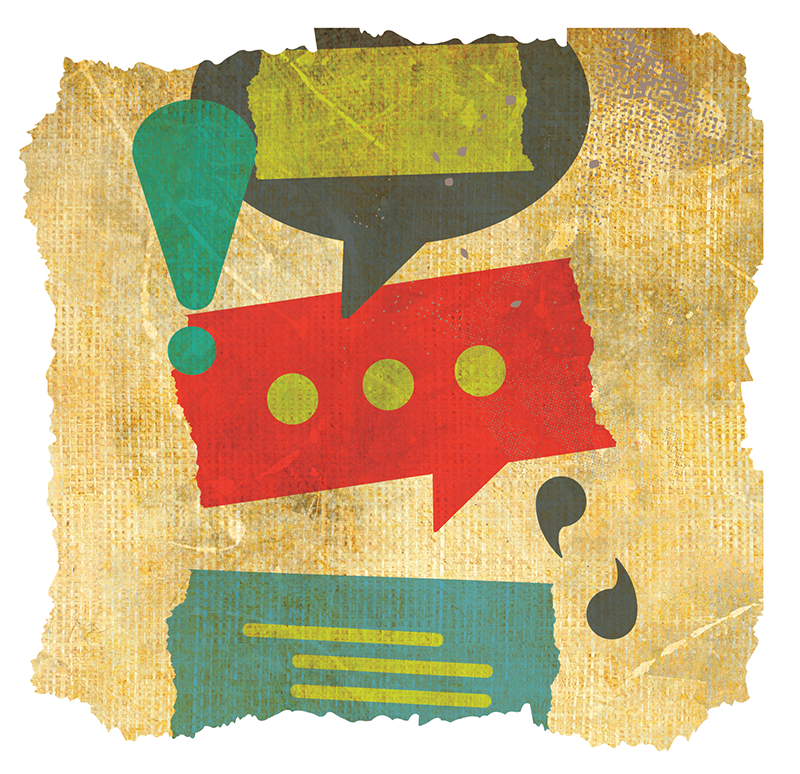 I am by no means speaking for the tribal communities that I have worked with, but what has been communicated to me is that the hardest part for communities that have had ethnographies written about them is the issue of ownership and stewardship. To this day, I believe, UC Berkeley and the Bancroft feel they own that information, and it’s theirs to do with whatever they please. We need to raise a flag to say, hold on, this information is culturally sensitive and could cause a lot of harm. The decision of what is culturally fragile should be up to the tribe. And we can all agree 40 people in a tribal community are not all going to see things the same way. It’s going to take a while to come to an answer — and they may not come to an answer. The most important thing is to ask before the university takes any action. And if the tribal community says no, that means no. The Library’s new policies are a step in the right direction. It would be nice to see those collections be met with invitations for young Native scholars: “Come work with these archives.” They literally hold stories about their grandparents. There is a gratitude for having that information preserved, and also a vulnerability. Staff and faculty at Berkeley need to recognize the intensity of both of those dynamics. For the tribal community, there’s so much to be learned and deciphered. The information in those ethnographies is beautiful. But if you have even one tribal community saying this is hurting our community, then you can’t continue to hurt that community.
I am by no means speaking for the tribal communities that I have worked with, but what has been communicated to me is that the hardest part for communities that have had ethnographies written about them is the issue of ownership and stewardship. To this day, I believe, UC Berkeley and the Bancroft feel they own that information, and it’s theirs to do with whatever they please. We need to raise a flag to say, hold on, this information is culturally sensitive and could cause a lot of harm. The decision of what is culturally fragile should be up to the tribe. And we can all agree 40 people in a tribal community are not all going to see things the same way. It’s going to take a while to come to an answer — and they may not come to an answer. The most important thing is to ask before the university takes any action. And if the tribal community says no, that means no. The Library’s new policies are a step in the right direction. It would be nice to see those collections be met with invitations for young Native scholars: “Come work with these archives.” They literally hold stories about their grandparents. There is a gratitude for having that information preserved, and also a vulnerability. Staff and faculty at Berkeley need to recognize the intensity of both of those dynamics. For the tribal community, there’s so much to be learned and deciphered. The information in those ethnographies is beautiful. But if you have even one tribal community saying this is hurting our community, then you can’t continue to hurt that community.
Mark Johnson ’18, M.S.W. ’20
Author of the senior capstone project “Decolonizing the Bancroft”
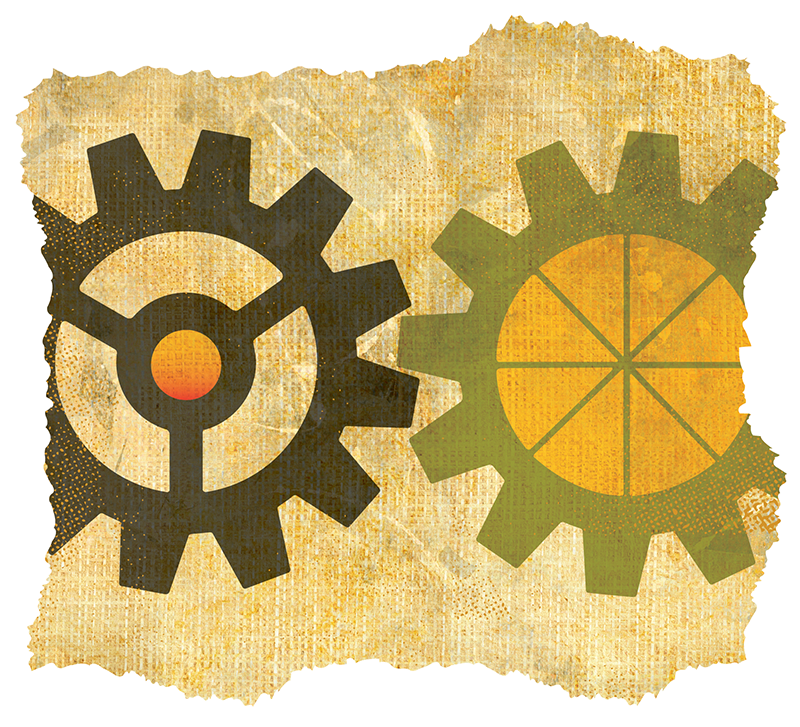 Our Digital Lifecycle Program’s community engagement policy sets forth the ethical foundations governing how and whether we host Indigenous materials online, as well as a clear process for the public to learn more and ask about our decision-making. The principles in that policy apply any time that digitization could create the possibility for harm or exploitation. Merely having transparent “ethical principles” is not enough, though. Those principles need to be carried out in specific ways to establish accountability. That is precisely what we sought out to do in creating the draft of our Indigenous collections local practices. In preparing these practices, we were guided by general ethical commitments as well as the specific recommendations set forth in the UC Berkeley Native American collections report. We developed these practices to recognize the social, cultural, and political contexts in which the materials under our stewardship have been created, collected, and used — and to begin making decisions about access to these materials in consultation with cultural communities, where appropriate. As we work with Native American communities and campus stakeholders to finalize these practices, we hope that our discussions can serve as a springboard for other institutions, leading to more responsible access across the board.
Our Digital Lifecycle Program’s community engagement policy sets forth the ethical foundations governing how and whether we host Indigenous materials online, as well as a clear process for the public to learn more and ask about our decision-making. The principles in that policy apply any time that digitization could create the possibility for harm or exploitation. Merely having transparent “ethical principles” is not enough, though. Those principles need to be carried out in specific ways to establish accountability. That is precisely what we sought out to do in creating the draft of our Indigenous collections local practices. In preparing these practices, we were guided by general ethical commitments as well as the specific recommendations set forth in the UC Berkeley Native American collections report. We developed these practices to recognize the social, cultural, and political contexts in which the materials under our stewardship have been created, collected, and used — and to begin making decisions about access to these materials in consultation with cultural communities, where appropriate. As we work with Native American communities and campus stakeholders to finalize these practices, we hope that our discussions can serve as a springboard for other institutions, leading to more responsible access across the board.
Rachael Samberg
The UC Berkeley Library’s scholarly communication officer and program director
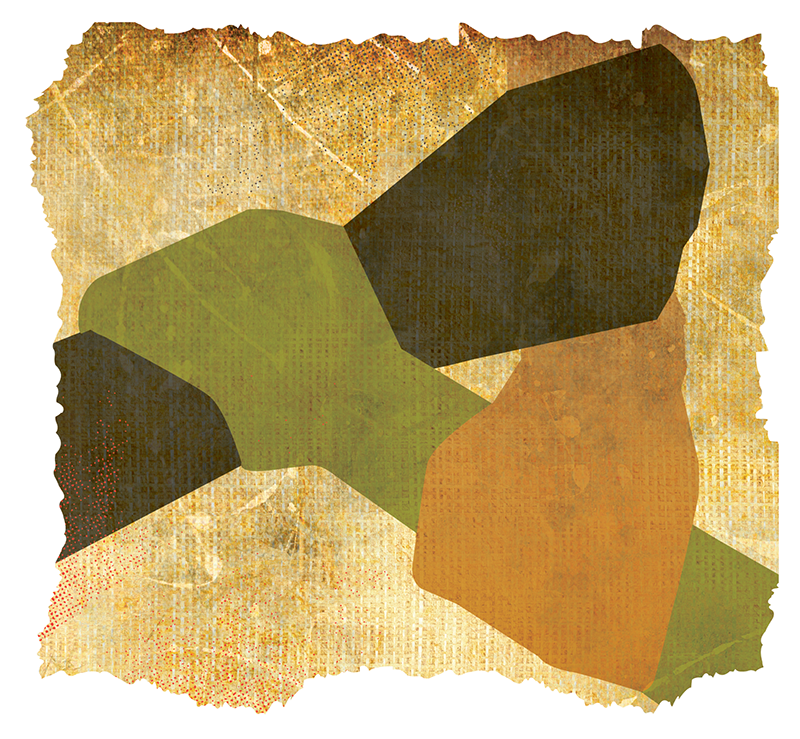 The way the university and the Phoebe A. Hearst Museum of Anthropology have handled the ancestral remains of Indigenous communities is grounded in disrespect of tribal traditions. The university needs to do much more to recognize and correct these wrongs. There are materials in the archives that contain sacred tribal knowledge. The museum holds many human remains. As a Native woman, as a librarian, as a person who values history, culture, and preservation, I do feel as though the libraries are starting to do more. My main wish is for the libraries to have a Native American archives specialist, someone who is familiar with California Indian tribes and who is familiar with the Native American Graves Protection and Repatriation Act policies. This person would be able to interpret the archives to users and be that voice for tribal concern in the room. This is a necessity, and this is something there should be funding put toward. To tribal members, it feels like there’s really no urgency around, “We need to hire this position as a way to correct historic wrongs, as a small step to respect the Indigenous heritage of this land.” Colonialism is real. The university recognizes it — they say they do. But the Native community on and off campus have been waiting for decades for the university to do something significant. The Library’s new workflows are just the beginning. Inviting community members to share their opinions is a positive first step in building trust back with tribal members. And that’s where it needs to start. It doesn’t start with digitization. It starts with creating a relationship, and that takes time.
The way the university and the Phoebe A. Hearst Museum of Anthropology have handled the ancestral remains of Indigenous communities is grounded in disrespect of tribal traditions. The university needs to do much more to recognize and correct these wrongs. There are materials in the archives that contain sacred tribal knowledge. The museum holds many human remains. As a Native woman, as a librarian, as a person who values history, culture, and preservation, I do feel as though the libraries are starting to do more. My main wish is for the libraries to have a Native American archives specialist, someone who is familiar with California Indian tribes and who is familiar with the Native American Graves Protection and Repatriation Act policies. This person would be able to interpret the archives to users and be that voice for tribal concern in the room. This is a necessity, and this is something there should be funding put toward. To tribal members, it feels like there’s really no urgency around, “We need to hire this position as a way to correct historic wrongs, as a small step to respect the Indigenous heritage of this land.” Colonialism is real. The university recognizes it — they say they do. But the Native community on and off campus have been waiting for decades for the university to do something significant. The Library’s new workflows are just the beginning. Inviting community members to share their opinions is a positive first step in building trust back with tribal members. And that’s where it needs to start. It doesn’t start with digitization. It starts with creating a relationship, and that takes time.
Melissa Stoner
Native American studies librarian in the Ethnic Studies Library